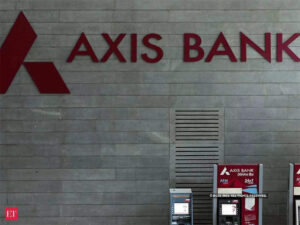This follows the Reserve Bank of India’s (RBI’s) decision on Wednesday to make it mandatory for all prepaid instruments (PPIs) such as mobile wallets and prepaid cards to be interoperable. So far, it was voluntary for PPIs to be interoperable.
The RBI’s decision will let a customer send money from a wallet to a bank account and also from one company’s wallet to another.
The limit of the outstanding balance in PPIs has also been doubled to 2 lakh.
For payments and transfers, the central bank has allowed PPIs to become members of RBI-operated centralised payment systems—RTGS (real-time gross settlement) and NEFT (national electronic fund transfer).
Customers will also be able to use mobile wallets at ATMs to withdraw cash and at point-of-sale terminals (card-swiping machines). Currently, only wallets issued by banks offered a cash withdrawal facility.
[expander_maker id=”1″ more=”आगे पढ़े ” less=”Read less”]
“If you put all of the announcements about PPIs together and look at the big picture, you will realise that they will be on a par with banks for most practical purposes,” said Ayan Agarwal, vice-president, Transcorp International a financial services company.
Illustrating the central bank’s move, Agarwal said by the time students reach college, it is common for parents to open a bank account for them, which is typically used for study-related expenses, pocket money and emergencies.
Once all the new regulations related to PPIs are in force, a student will not need a bank account. Parents can transfer money to the mobile wallet, which can be used to withdraw cash at ATMs or to make payments at merchant stores.
With wallets joining RTGS and NEFT payment systems, the student will also be able to use the wallet to pay fees, house rent and other expenses that required making bank transfers so far.
The development will also benefit those concerned about payment security.
“If someone doesn’t want to use a bank account for transfers or swipe cards at a merchant location, they would be able to use their wallet,” said Agarwal.
[/expander_maker]











